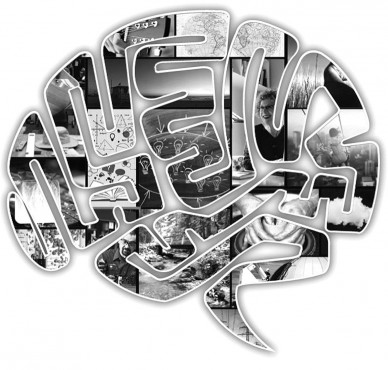 For those outside the UVic community, the research done inside the Ring can be mysterious at times, even to other students and faculty members. But IdeaFest, a week-long festival happening March 2–7, will feature 51 panels, lectures, symposiums, tours, and other public events that will give attendees a better understanding of the questions that UVic scholars hope to answer.
For those outside the UVic community, the research done inside the Ring can be mysterious at times, even to other students and faculty members. But IdeaFest, a week-long festival happening March 2–7, will feature 51 panels, lectures, symposiums, tours, and other public events that will give attendees a better understanding of the questions that UVic scholars hope to answer.
The conference started as a pilot project four years ago with under 20 events, and it wasn’t strongly promoted outside of campus, but has since grown significantly, with last year’s conference attracting 4000 attendees. IdeaFest co-ordinator Tara Todesco says that the festival is “a way of making sure that the research and the ideas that are happening on campus are accessible to the public.”
It’s also “[a reminder] that the public knows they’re funding UVic,” says Todesco. “This is a public institution so it’s a way of making sure that the university is an asset, an opening and welcoming place for the public to come [to].”
The event, which is free for all attendees, covers topics like the myth of the mad genius, women in the Asia-Pacific, how epidemics spread, Canada’s role in the Middle East, mental health, and a panel discussion about whether a university education should be free.
Kristen Kanes, a UVic graduate student and presenter, will be discussing the orca population around Vancouver Island. Kanes, who grew up in Toronto, was naturally drawn to orcas and knew she wanted to study them by the time she was three. She talked about orcas constantly, and now spends her time listening to them through hydrophones as part of her research with Ocean Network Canada.
“I grew up in an area where people tired of me talking about them pretty fast,” she said. “So, having now moved to an area where people are actually requesting that I talk about them is pretty exciting for me.”
Her presentation will start by providing an overview of the species and its unique characteristics before delving into specifics regarding whale communication and culture, particularly those of the southern resident orcas, which are critically endangered. According to Kanes, orcas provide an easy way for the general public to start caring about the ocean because of their beauty and their human-like behaviour.
“It’s a good way to kind of hook people in to get them to care about what they’re doing and make some changes in their lives so that we can have a better future for all of us.”
Though the festival will appeal to those outside academia, Todesco believes that it can draw in current UVic students and staff who might be immersed in their own fields of study.
“It’s a way to discover and celebrate and have a greater awareness, I think, of all the amazing research and creative projects on campus and gives you a fuller sense of the impact that UVic students, faculty and staff are having in the community.”
“And also,” she added, “a lot of the events are fun.”
IdeaFest is happening March 2–7, 2015 in venues on and off-campus. For more information, visit uvic.ca/ideafest.






